People experiencing low blood oxygen levels due to severe COPD may need oxygen therapy to increase their blood oxygen levels and reduce the risk of organ damage. This can help reduce fatigue and other symptoms of low blood oxygen.
Chronic obstructive pulmonary disease (COPD) is a progressive lung disease that affects breathing. Severe COPD can lead to low oxygen levels in the blood, which can affect the supply of oxygen to vital organs in the body.
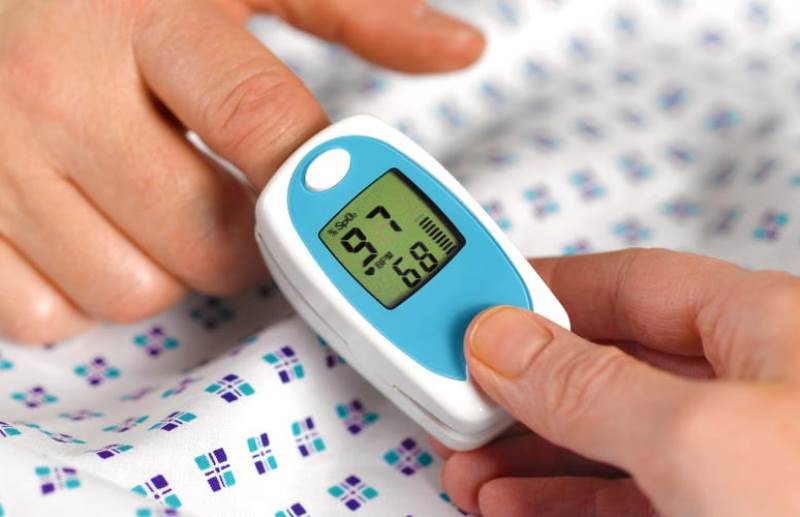
Prescription oximeters
Can you get a prescription for a pulse oximeter?
Pulse oximeters have limitations and risks of inaccuracy in certain circumstances. In many cases, the level of imprecision may be small and not clinically significant; however, there is a risk that an inaccurate measurement will result in unrecognized low oxygen saturation levels.
Therefore, it is important to understand the limitations of pulse oximetry and how accuracy is calculated and interpreted.
FDA-approved prescription pulse oximeters are required to have a minimum average accuracy that is demonstrated by desaturation studies performed in healthy patients.
This test compares pulse oximeter saturation readings with arterial blood gas saturation readings for values between 70-100%.
The typical accuracy of recently FDA-approved pulse oximeters is within 2 to 3% of arterial blood gas values.
- This generally means that during the test:
- about 66% of SpO2 values were within 2-3% of blood gas values, and
- about 95% of SpO2 values were between 4 and 6% of blood gas values.
Check oxygen level at home
Pulse oximeters are used in doctor’s offices and hospitals. Your doctor may think it’s a good idea for some people to use one at home.
This may include people who have a condition that affects their oxygen levels. Examples include people who have heart problems, lung problems, or an infection.
Your doctor may suggest that you monitor your oxygen level at home. This can help you know when you need medical care, even if you don’t have symptoms.
FDA approved
According to Food and Drug Administration (FDA) Trusted Source, there are two types of pulse oximeters:
- Prescription Pulse Oximeters: These are FDA reviewed and require a prescription. Physicians typically use these devices in clinics or hospital settings.
- Over-the-counter (OTC) pulse oximeters: These products are not reviewed by the FDA and do not require a prescription. People can buy them for home use at drugstores or online. They are not medical devices, which means they may be more suitable for people who play sports or participate in recreational activities.
Prescription pulse oximeters, are FDA reviewed and require a prescription. Physicians typically use these devices in clinics or hospital settings.
Doctors may recommend FDA-approved pulse oximeters for people with certain health conditions who need to measure their oxygen levels at home.
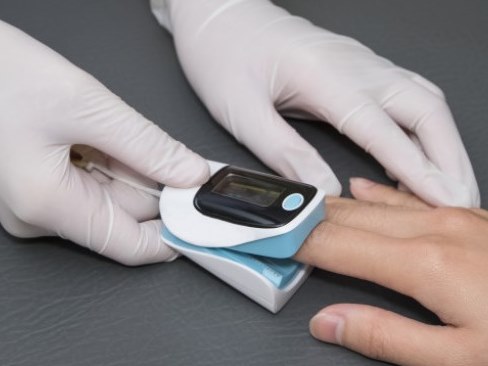
Pulse Oximeter same day delivery
The use of pulse oximeters to assess blood oxygen levels is an increasingly common precaution during the pandemic.
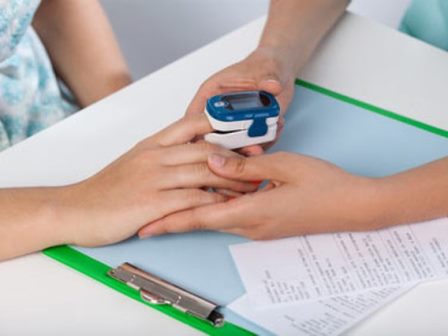
How to measure blood oxygen level?
Pulse oximetry is a way to measure the amount of oxygen that the blood is carrying.
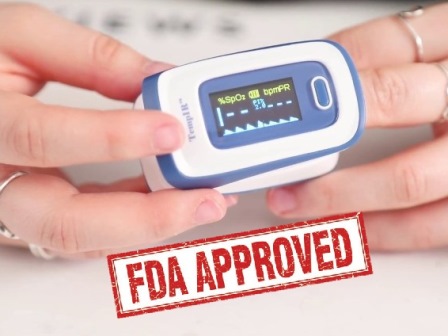
FDA approved pulse oximeter
The use of OTC oximeters has increased as a result of the pandemic.
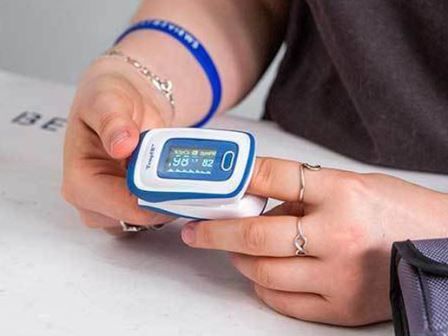
FDA approved Oximeter made in the USA
-Ever wonder if there are pulse oximeters made in the USA?
-How many medical device manufacturers are there in the United States?
